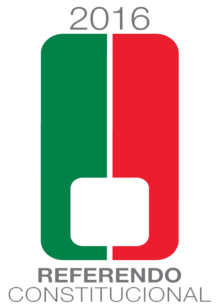Bolivian authorities have arbitrarily dismissed almost 100 judges since 2017, seriously undermining judicial independence in the country. The Organization of American States (OAS) should convene a meeting of its Permanent Council to address ongoing justice system changes in Bolivia that are weakening the rule of law, Human Rights Watch said today:
Bolivia’s Magistrates Council, the body that appoints and dismisses judges, has arbitrarily dismissed dozens of judges, most recently in March 2019. The dismissed judges received a memorandum “thanking” them for their work and telling them to leave their offices that day. The memorandums do not indicate the cause for their dismissal, nor were the judges given an opportunity to challenge their dismissals before they were fired.
President Evo Morales has repeatedly rejected judicial independence as a key component of democracy. In October 2018, for example, he said that judicial independence was a “doctrine of North America,” meaning the United States, and of “capitalism.”…
A 2010 law provided that judges appointed before the 2009 Constitution would retrospectively be deemed temporary, although at the time they were judges with tenure. A 2011 law allowed the Magistrates Council to appoint “provisional” judges until a school to train potential judges was established. In a hearing before the Inter-American Commission on Human Rights in September 2018, Bolivian officials said that only 163 of the country’s 1,200 judges – roughly 13 percent – had tenure or permanent positions.
 “There is a reason international law provides that judges should not be fired as if they were any other public official,” said José Miguel Vivanco, Americas director at Human Rights Watch. “The OAS member states should remind Bolivian authorities that judicial independence, including guarantees protecting judges from arbitrary removal, is a key component of any rights-respecting democracy.”
“There is a reason international law provides that judges should not be fired as if they were any other public official,” said José Miguel Vivanco, Americas director at Human Rights Watch. “The OAS member states should remind Bolivian authorities that judicial independence, including guarantees protecting judges from arbitrary removal, is a key component of any rights-respecting democracy.”
Morales remains intent on exerting his vast influence over the country’s judiciary, media, and civil society apparently as a way of legitimizing an alternative means to retain power beyond 2020, when he is scheduled to leave office, a recent National Endowment for Democracy forum (above) heard.







